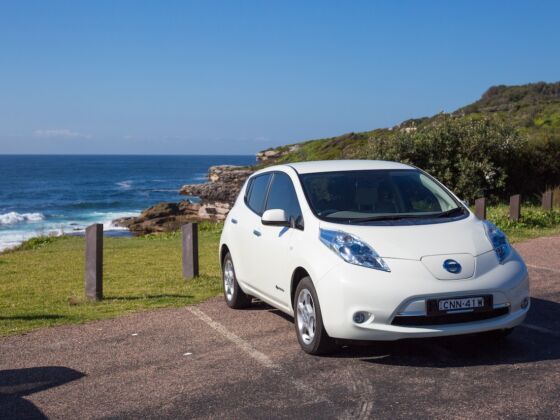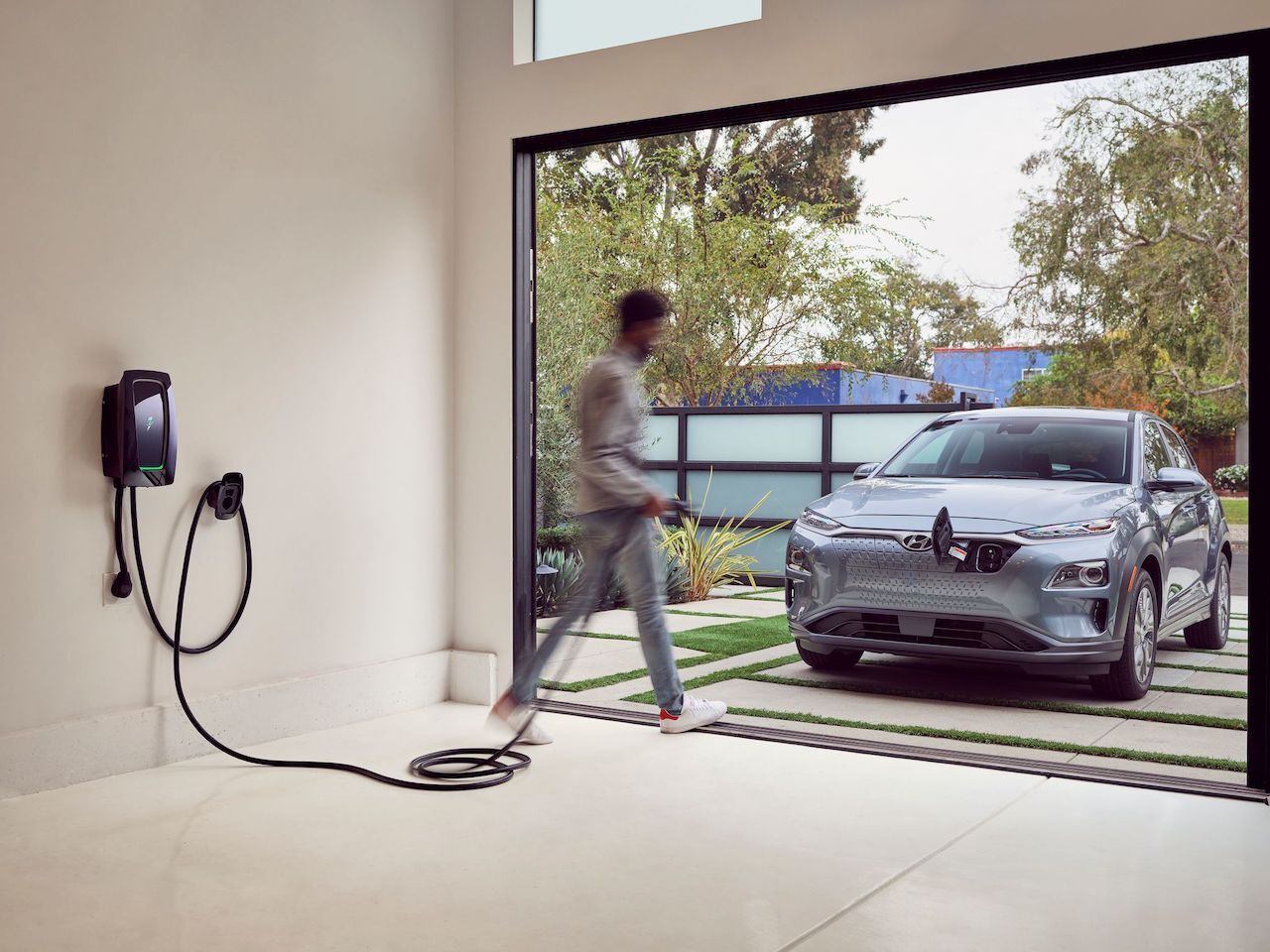This is The Climate Win, the most positive sustainability news around the world every week.
Electrify America, the largest network of fast-chargers in the United States, just launched a new home-based charging station, HomeStation. This is great news for travelers driving electric vehicles, who have been limited to staying in large hotel chains with charging stations — since, until now, charging options have been far less common at boutique hotels, Airbnbs, condos, and other rental properties.

